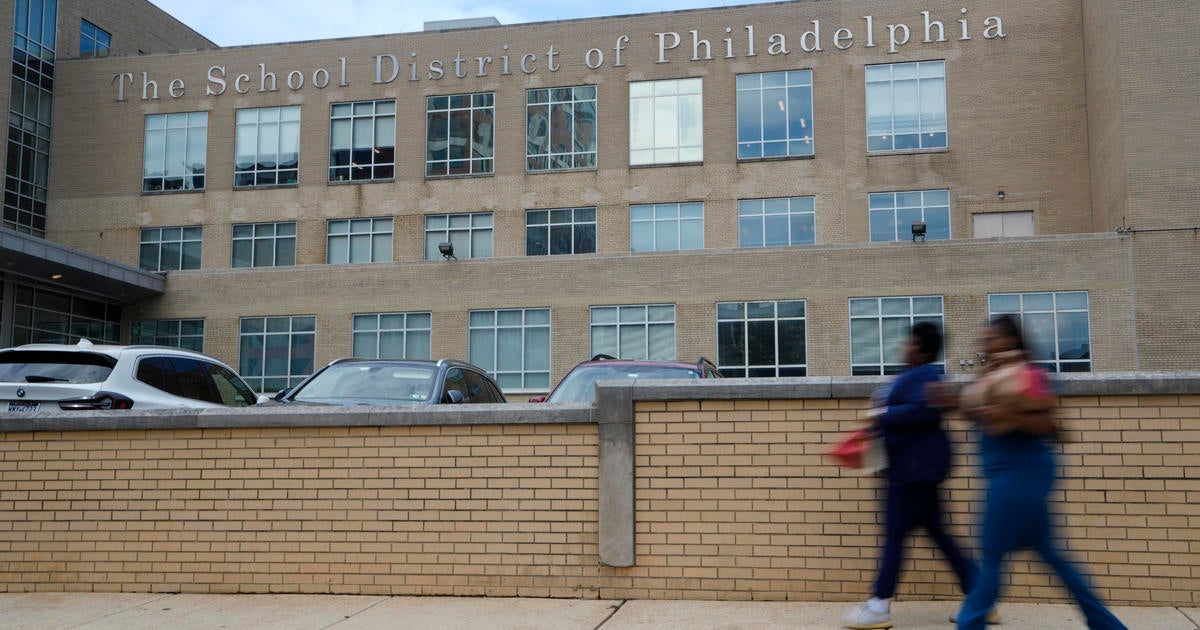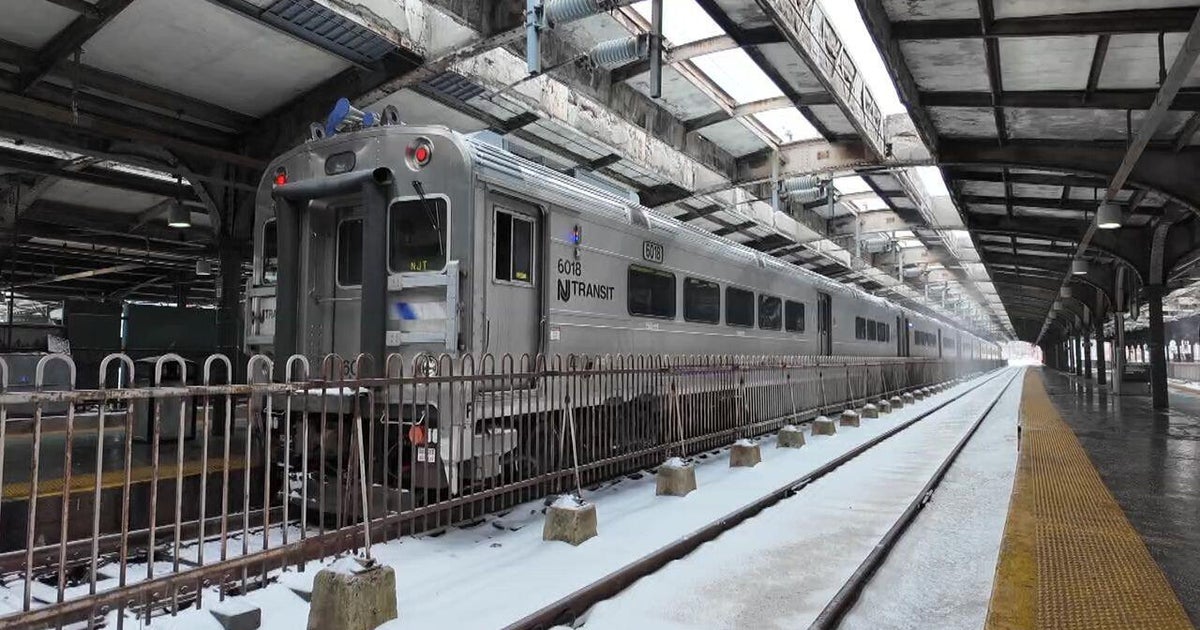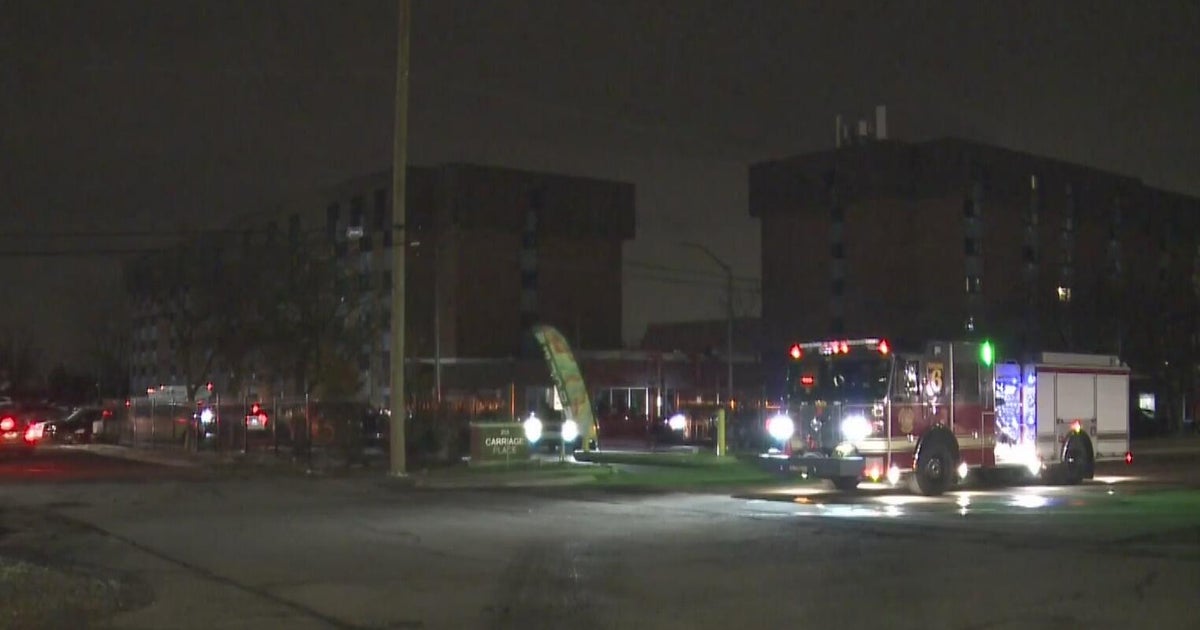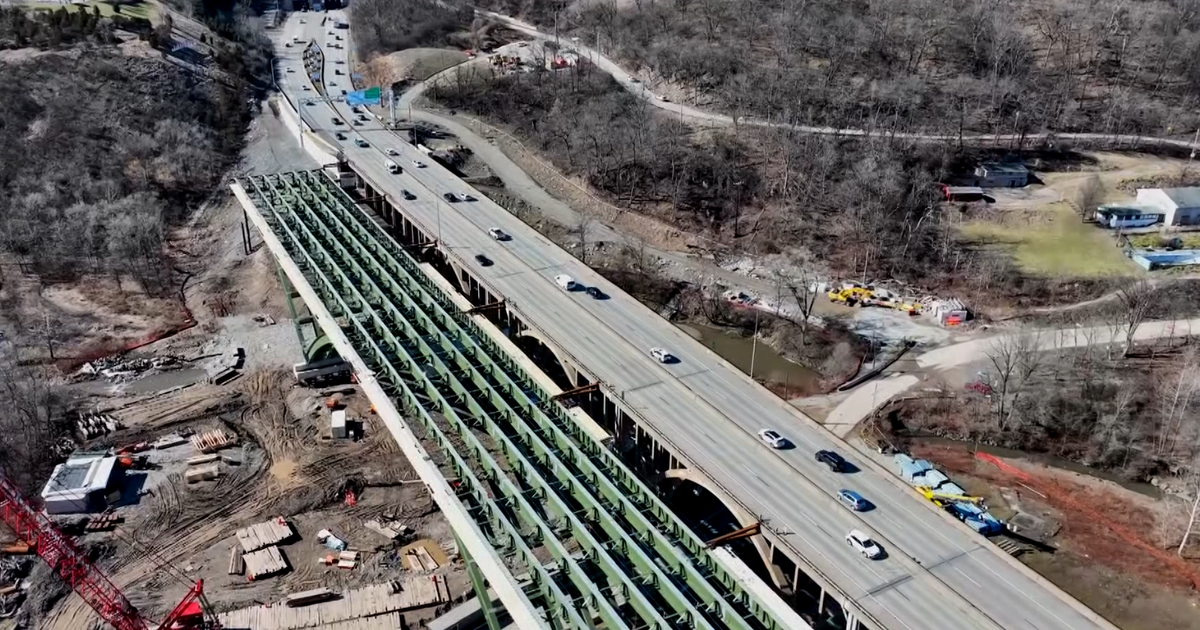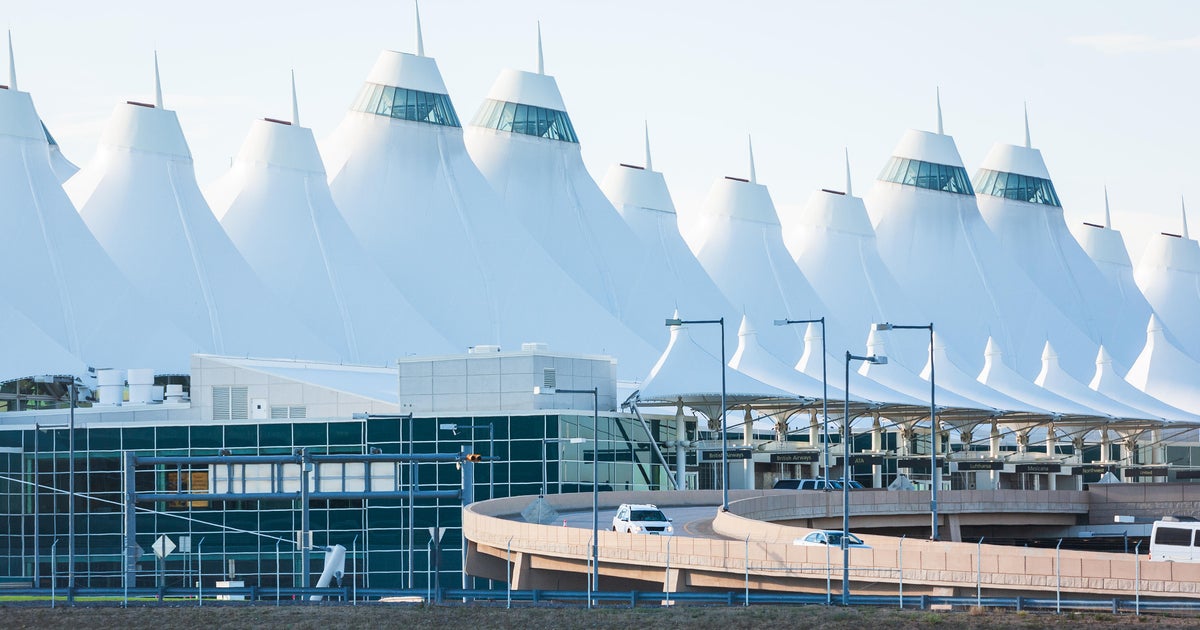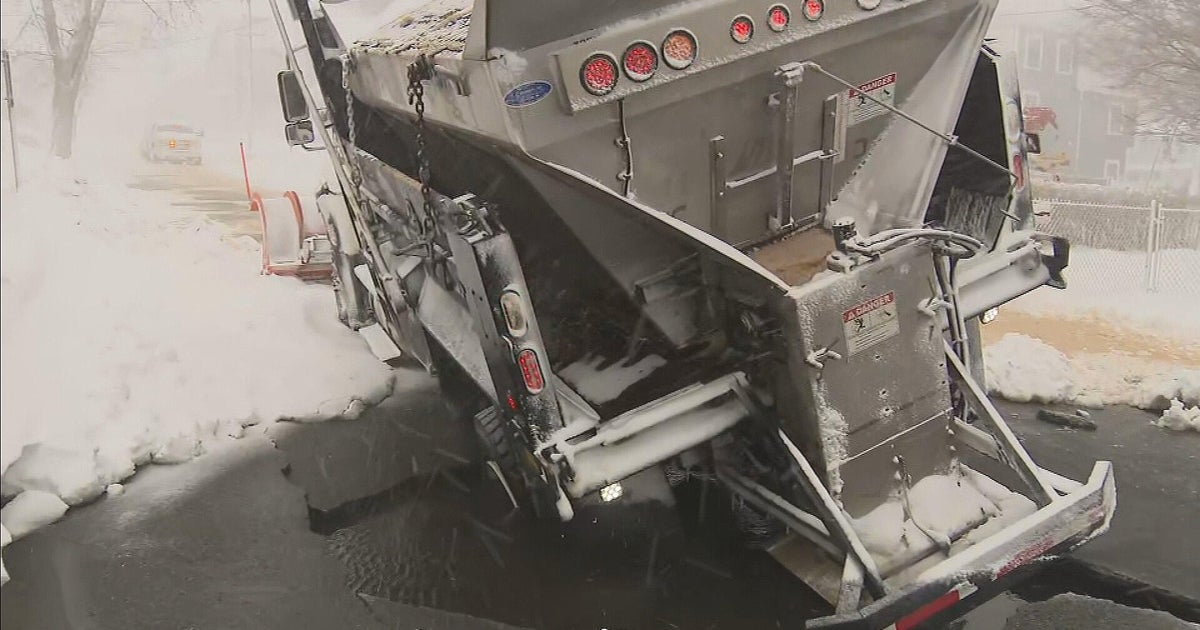Main Street Alameda Ferry Terminal reopens after two-month construction project
The Main Street Alameda Ferry Terminal reopened for service Tuesday following the completion of a major construction project to upgrade the building's seismic resiliency and prepare the terminal for electrification of the ferry system.
The terminal was closed in late October as work on the Main Street Alameda Ferry Terminal Refurbishment Project ramped up.
Multiple San Francisco Bay Ferry routes that were impacted will see schedule changes as they return to making weekday and weekend stops at the terminal, including major changes to the Oakland and Alameda route on weekends.
Weekday departure and arrival times for the Oakland & Alameda route will remain unchanged with the addition of the Main Street Alameda stop, but weekend departure and arrival times will be different throughout both days, including two additional service hours in the evenings.
The Alameda Short Hop route will resume between Main Street and Oakland.
A pilot project that ran a temporary weekday route between South San Francisco and Mission Bay was discontinued as of Monday. Trips from Main Street Alameda Terminal to South San Francisco will resume.
Weekend service to the Alameda Seaplane stop will also be discontinued.
A complete list of schedule changes can be found at sanfranciscobayferry.com/schedule-changes.
The Main Street Alameda Ferry Terminal Refurbishment Project involved repairing and replacing existing infrastructure to bring the building into compliance with current seismic safety standards, including foundation work. Renovations also involved replacement of gangways and passenger floats -- which are waiting and boarding areas -- as well as utility upgrades.
The utility upgrades will prepare the terminal for electrification that is being funded in part by a $16 million grant that was awarded in November from the Federal Transit Administration. The initial work will modify floats at the Main Street Alameda, Alameda Seaplane, and San Francisco ferry terminals.
The electrification project is part of the ferry system's Rapid Electric Emission-Free Ferry Program, which outlines steps to take to create the first zero-emission ferry system in the nation, including installing charging and battery stations.
